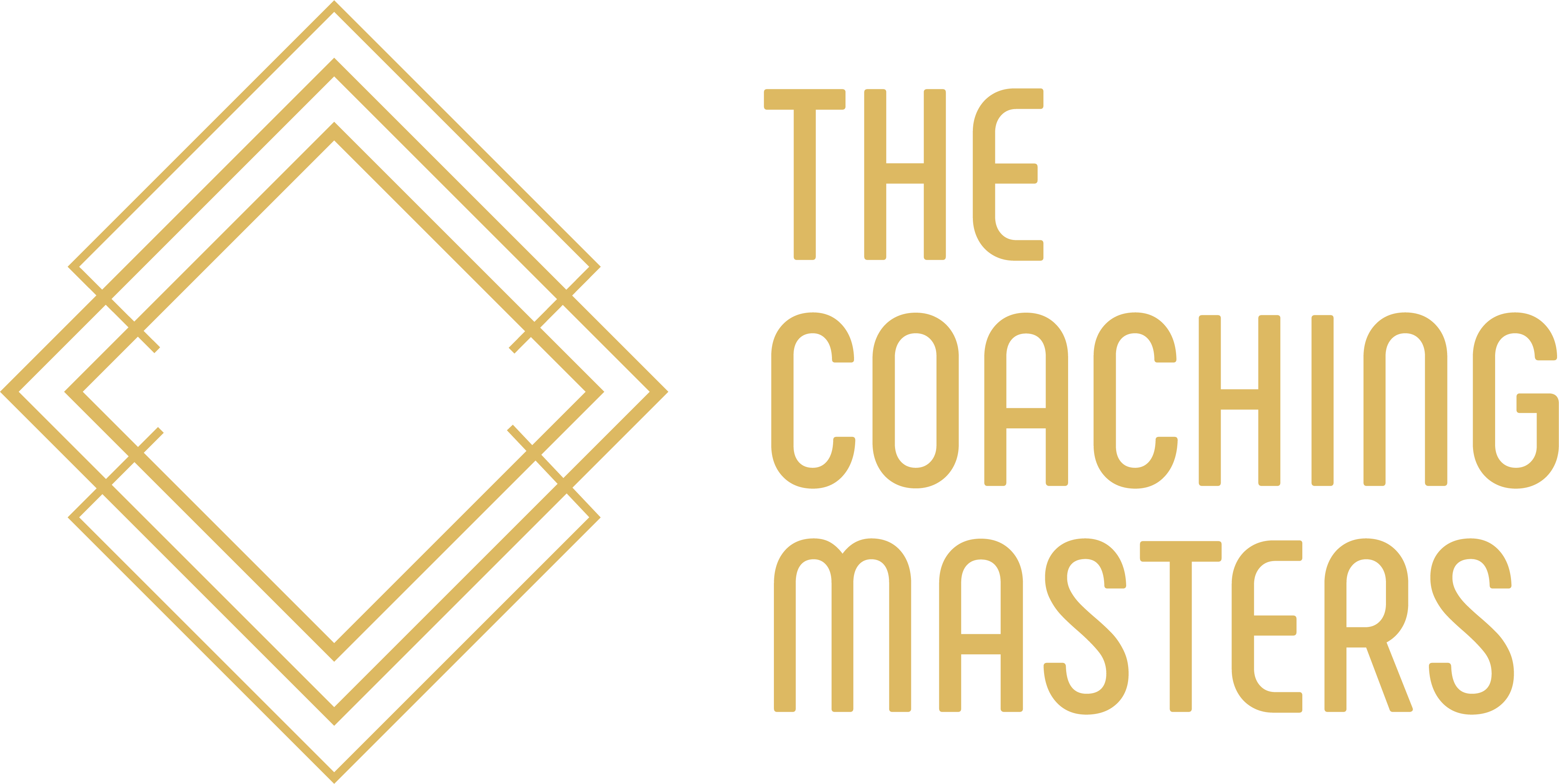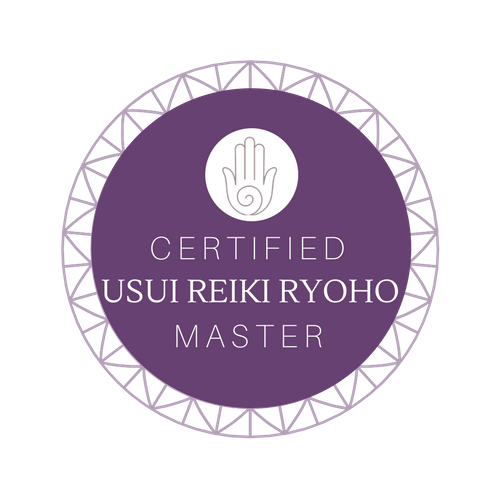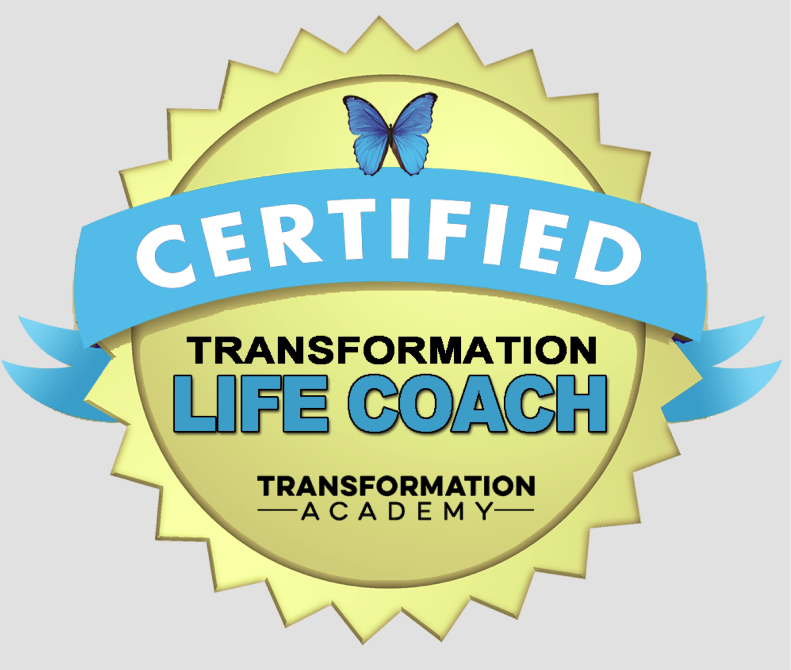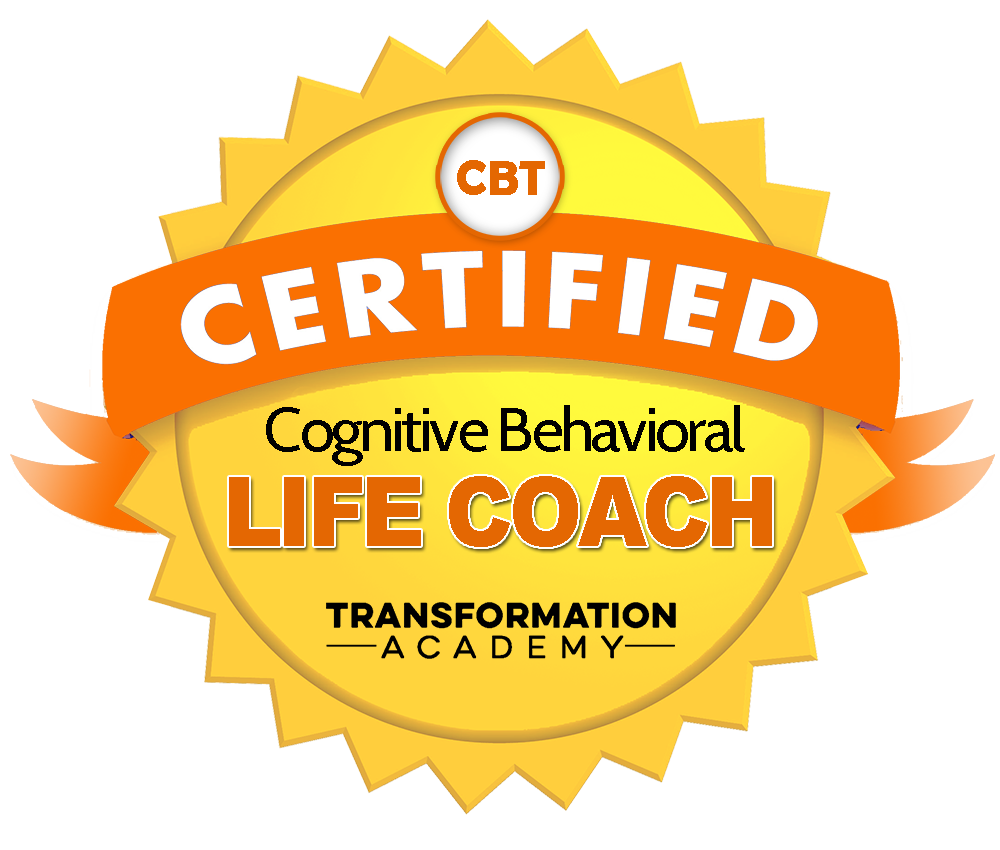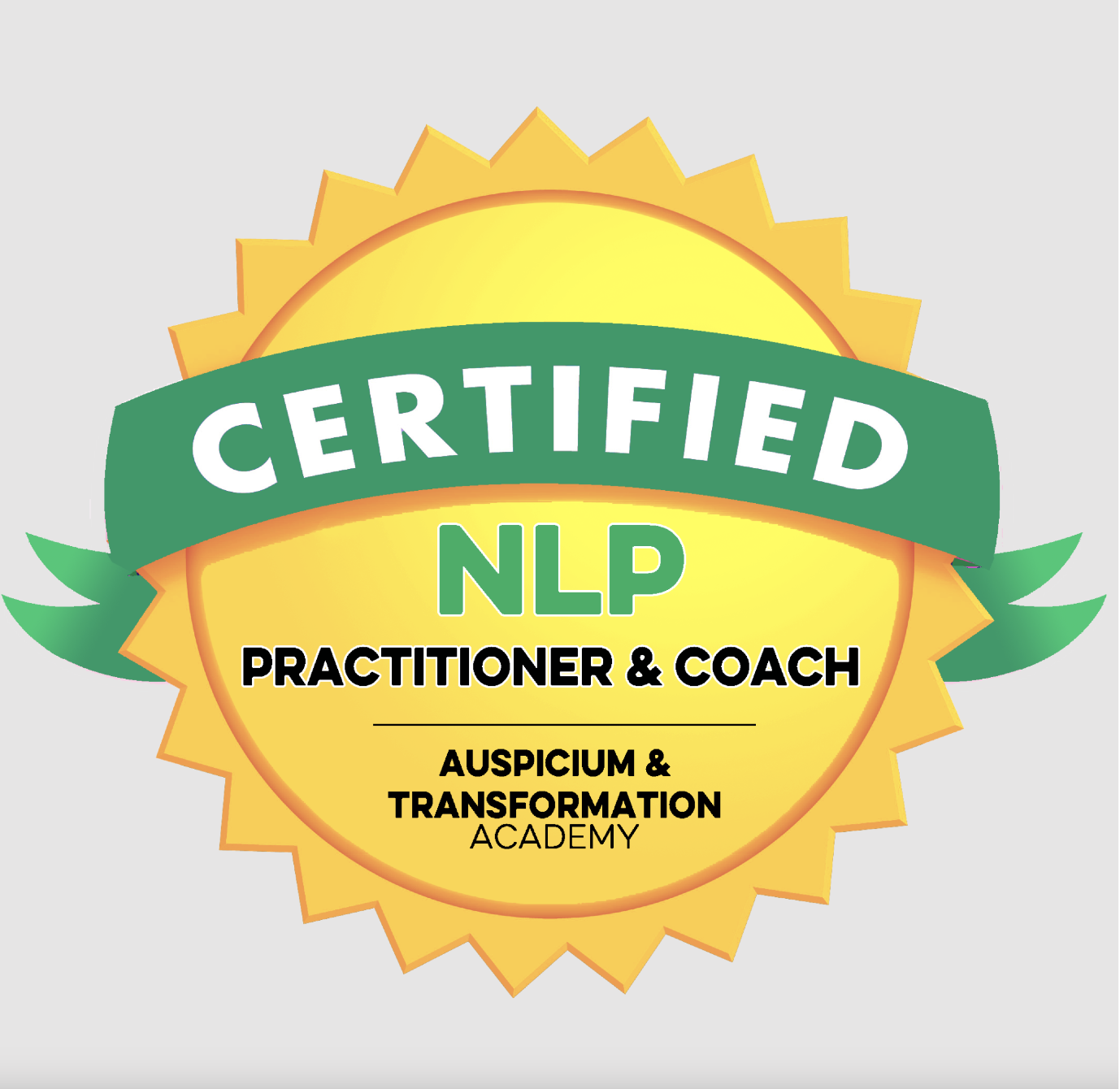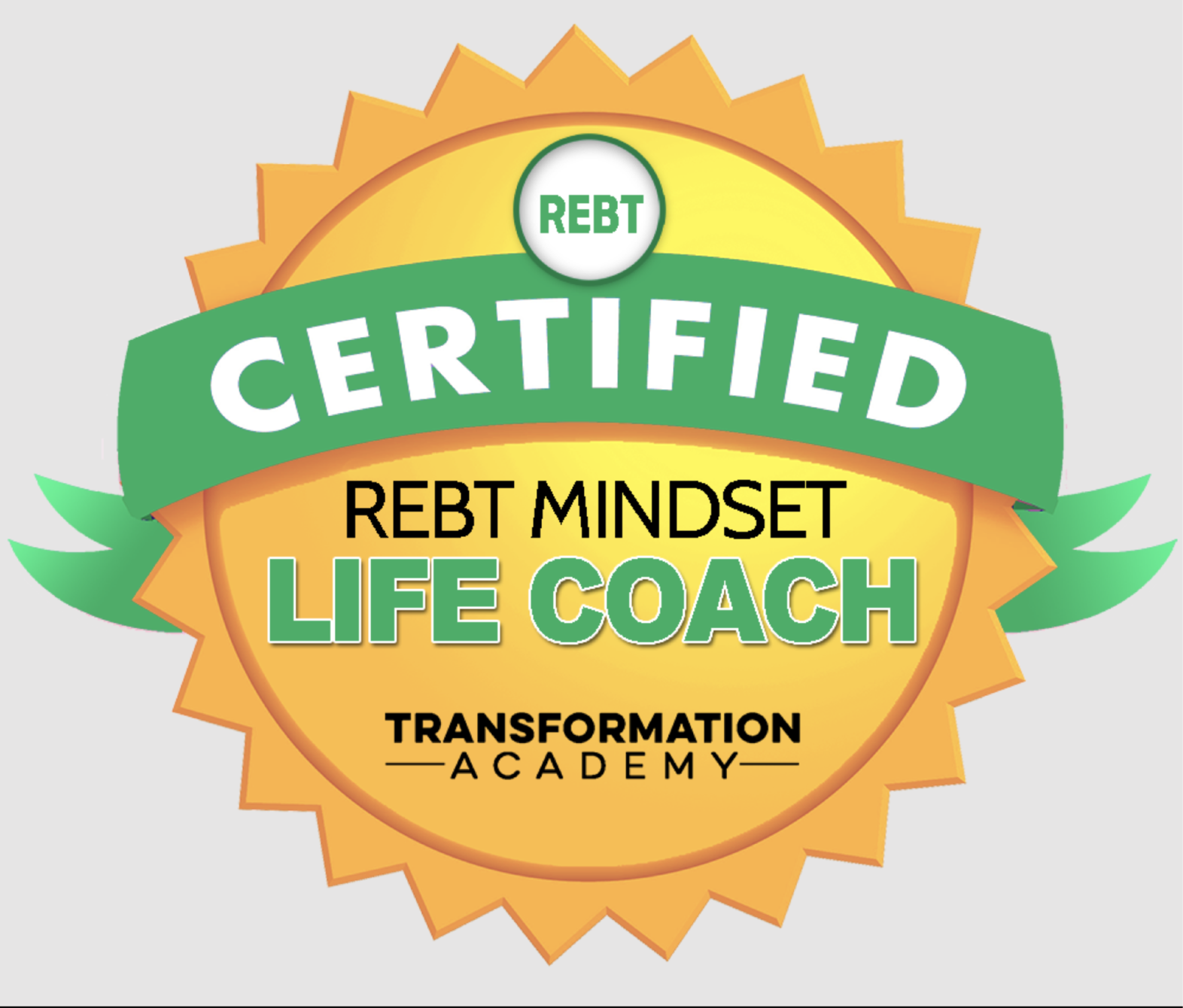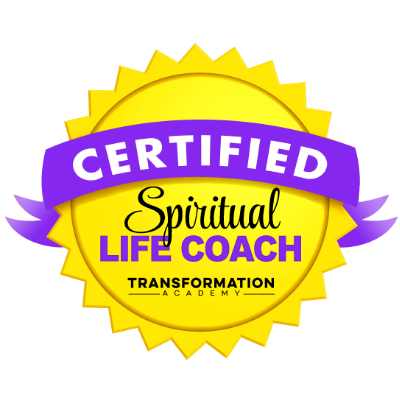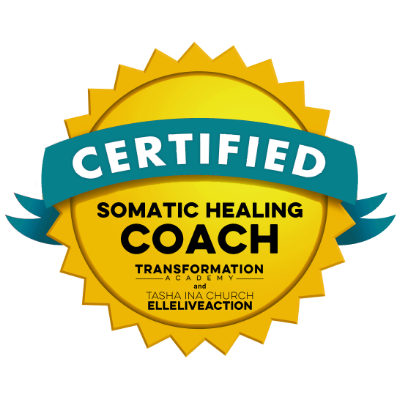Navigating The Healing Of The Hidden Self

Understanding the depths of our psyche is crucial in our journey toward self-healing and personal growth. The renowned psychoanalyst Sigmund Freud categorised the psyche into three layers: the conscious mind, the subconscious mind, and the unconscious mind. Each of these layers plays a distinct role in our mental processes and overall well-being.
The Layers of the Mind
The unconscious mind operates on a level of which we are typically unaware. Even in a comatose state, the unconscious mind functions mechanically, driving our involuntary actions and instincts. This is why we sometimes act without a clear explanation for our behaviour, as our reflexes and innate impulses emerge from this deep part of the psyche. The unconscious mind houses the ID, which represents our primal desires and instincts, along with our ego and sense of self.
Conversely, the conscious mind is essential for our everyday awareness and interactions. It equips us with the tools to perceive, notice, understand, and be conscious of our surroundings. When this part of the mind is disrupted, it can lead to confusion and hinder our ability to achieve our goals. Therefore, maintaining the clarity of our conscious mind is vital for a balanced and productive life.
The Journey to Self-Healing
Self-healing involves a profound journey of learning to love oneself. By embracing self-love, we can extend this love to others, fostering healthier relationships and a more positive outlook on life. However, negative thoughts and pessimism often obstruct our path, preventing us from recognising and addressing the imbalances that hinder our progress.
To navigate through these challenges, it is crucial to manage our desires and maintain a balanced perspective. Negative thinking drains our energy and vitality, disrupting the development of our hidden self and impeding our personal growth. Therefore, combating negative thoughts is a fundamental step in the self-healing process.
Pessimistic thinking not only depletes our energy but also undermines our enthusiasm and creativity. When the conscious mind is overwhelmed by anxiety or worries, it becomes difficult to live a happy and healthy life. This lack of enthusiasm can lead to a cycle of self-doubt and disapproval, further reinforcing negative thought patterns.
Overcoming Negative Thought Patterns
To overcome negative thinking, it is essential to identify and address its sources. Emotions such as resentment or suspicion can trigger negative thoughts, leading to emotional turmoil. One effective way to counteract these patterns is through regular meditation.
Meditation helps to calm the mind, reduce the impact of pessimistic thinking, and promote emotional well-being. It is a therapeutic practice that allows the unconscious mind to provide insights and answers to our questions, aiding in self-development and energy renewal. By fostering a state of relaxation and inner peace, meditation serves as a powerful tool for personal growth.
The Role of Alternative Therapies
In addition to meditation, other holistic practices such as aromatherapy and acupuncture can support self-healing. Aromatherapy involves the use of natural scents and massage techniques to rejuvenate the mind and spirit, promoting a sense of well-being and vitality.
Acupuncture, an ancient Chinese practice, uses needles to stimulate specific points on the body, encouraging the free flow of energy and releasing negative energy. This method has been shown to effectively treat both physical and mental disorders, supporting the healing process and enhancing overall health.
Understanding and Embracing the Self
For self-healing to be effective, it is important to understand and embrace our innate potential and intrinsic weaknesses. Recognising these aspects of ourselves allows us to work on strengthening our capabilities and addressing our shortcomings. This journey requires navigating through our desires and letting go of negative impulses that hold us back.
By cultivating self-awareness and fostering a positive mindset, we can unlock our hidden potential and achieve a more balanced and fulfilling life. Self-healing is an ongoing process that involves continuous reflection, self-improvement, and the embrace of positive habits and thoughts.
Conclusion
The journey to healing the hidden self is a complex and deeply personal process. By understanding the layers of our psyche and addressing negative thought patterns, we can foster a healthier and more positive outlook on life. Through practices such as meditation, aromatherapy, and acupuncture, we can support our self-healing journey and unlock our full potential. Embracing our strengths and weaknesses allows us to navigate life's challenges with resilience and grace, leading to a more balanced and fulfilling existence.
Click the link below to book your free clarity call or free virtual coffee chat.
Grab a copy of our newletter by completing the form below, this will then be sent to your inbox every month.
My Affirmation For The Week
"Creativity is contagious. Pass it on."
